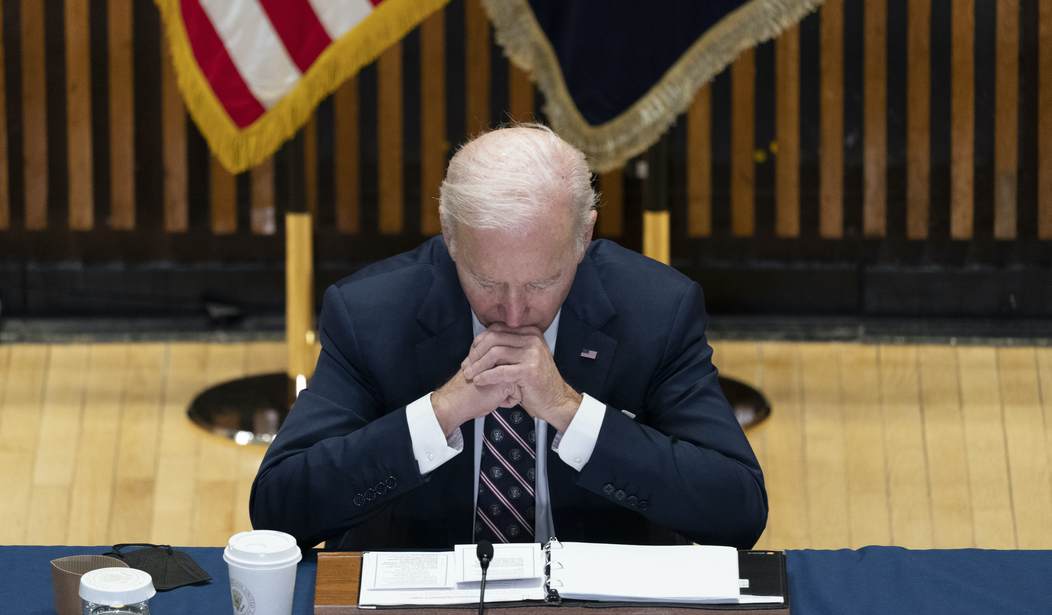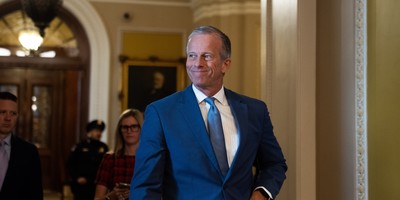Pundits have more questions than answers at the moment. What does Putin want from his invasion of Ukraine? Does he want to reconstitute the Soviet Union? Will he resort to using nuclear weapons? Is he crazy?
Here at home, did President Biden think that sanctions would work, or not? Why does America seem to be leading from behind? Why did we rely on China to ask Putin to not invade? How has our energy policy funded Russia’s invasion?
But there is another question that must be asked: What do Americans want in the World?
The answer isn’t clear.
Twenty years ago, Walter Russell Mead of the Hoover Institution wrote a brilliant history of American foreign policy titled Special Providence. In it he identified four schools of thought that have steered American foreign policy pretty consistently over 240 years. In the past twenty years, our preferences have swung back and forth.
Under President George W. Bush, America fought for Wilsonian principles, particularly spreading democracy around the world. We brought real if imperfect democratic governance to Iraq and Afghanistan, for a time, at least. On a grand scale, we weren’t just fighting terrorists, we were fighting a war on an idea -- terrorism. The stampede to exit Afghanistan early last fall brought that Wilsonian dream to a tragic end.
President Obama was what Mead would call a Jeffersonian. Stay out of foreign wars (except for drone strikes.) Apologize to the world for past American failures to stay true to our own values, including treatment of terrorists at Guantanamo Bay. Obama only wagged a finger at Putin’s invasion of the Crimean Peninsula in 2014, saying Russia was “on the wrong side of history.”
Recommended
Donald J. Trump was a man of the people, sent to Washington to drain the swamp, much like Andrew Jackson. He reflected the concerns of the deplorables, of the Americans who cling to their guns and religion. They want to protect American middle class economic interests, and avoid wars unless we are provoked. Trump drew down US forces in Afghanistan to the lowest level consistent with maintaining basic order.
He also went to bat for Rust Belt workers and Midwest farmers who were losing their livelihoods to Chinese economic policy. In promoting tariffs and a trade war with China, Trump went against the other remaining school of thought, the Hamiltonians, who want to see free trade, freedom of the seas, and a healthy world market.
President Biden is perhaps a Jeffersonian like Obama, but without the apologies and the high sounding rhetoric. He has a clear preference for economic sanctions, which initially cost less than war. He got the US out of Afghanistan in order to focus on a shorter list of priorities, primarily Russia and China.
But American foreign policy is not just the province of Presidents. The American people can have a large voice in what the White House decides to do overseas. What do we want?
It’s clear that at least so far we do not want US forces getting involved in a ground war in Ukraine. As of February 12, before the Russian invasion, 55% of Americans were opposed to sending US troops to defend Ukraine, and only 13% thought our troops should go.
By February 28, as the images of Russian troops pouring into Ukraine had taken over media coverage, a CNN poll found that if economic sanctions fail, 58% still oppose military intervention. But 42% favor more direct military action, up from 13%. As evidence of Russian war crimes mounts, we will see if the needle of public opinion moves further.
Tellingly, while 83% of Americans believe we should apply stronger sanctions, only 42% say they trust Biden at least moderately to make good decisions regarding Ukraine.
What do Americans think is our role in world? Opinion seems to have turned against China, though we realize we have major economic interests there. But it’s unclear whether Americans would support military action to defend Taiwan. We have lost our appetite for spreading democracy, particularly in the Middle East. We like the benefits of free trade, but also favor tariffs and trade protection. We don’t want to get involved in Ukraine.
Middle America holds very commonsense Jacksonian values, and right now none of the other schools of thought nor the White House are providing clear direction for the country. So we wait for our leaders to lead, and watch the news, and wonder whether another world war is in the offing.
Dr. Tom Copeland is a Professor of Politics at Colorado Christian University and Director of Research at the Centennial Institute. He is the author of Fool Me Twice: Intelligence Failures and Mass Casualty Terrorism. The views expressed are those of the author and do not necessarily represent CCU or Centennial Institute.

























Join the conversation as a VIP Member